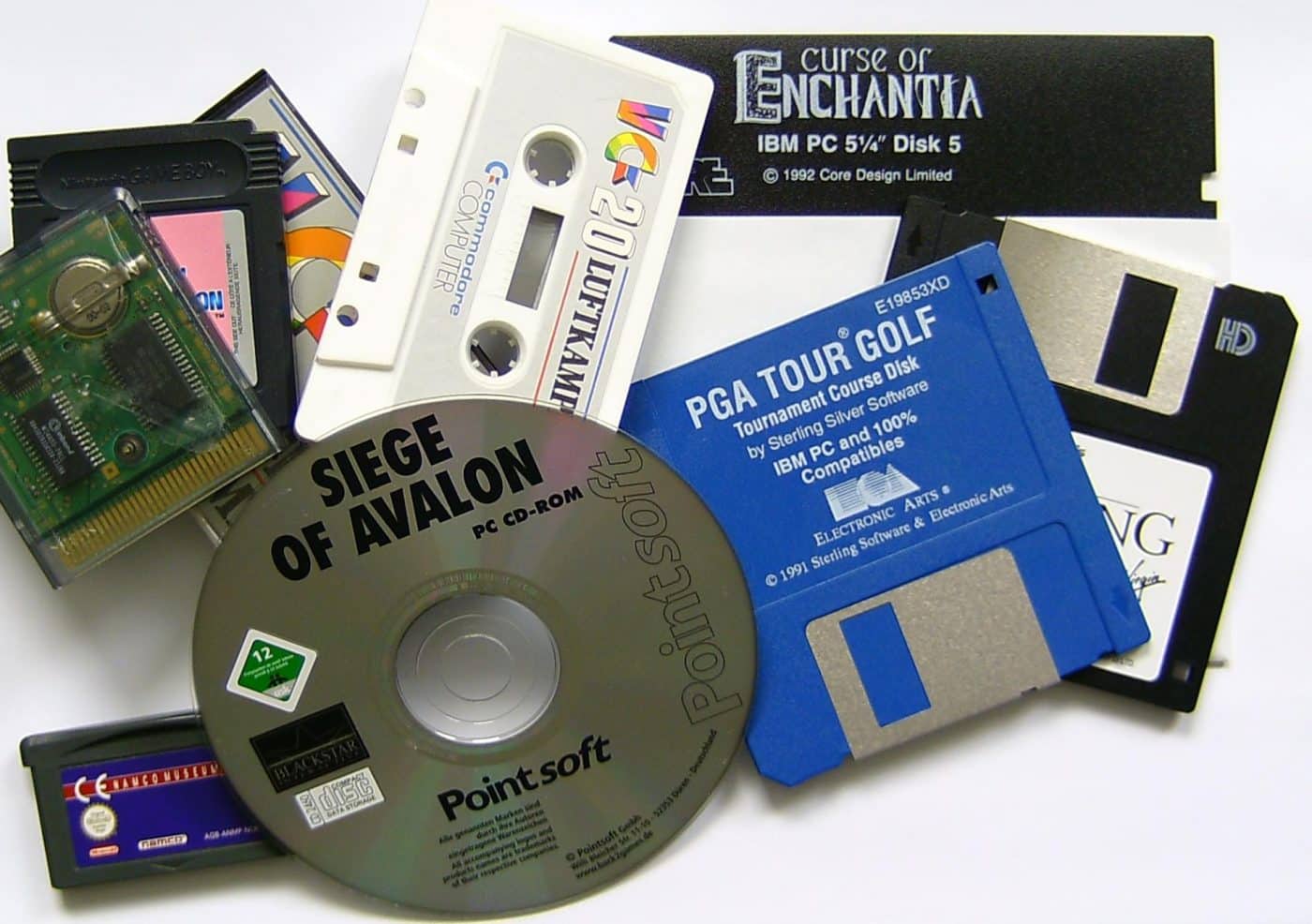PC gaming has evolved in an interesting way over the last couple of decades, hasn’t it? We thought now was a great moment in its development to take a little step back and evaluate the path that’s been taken as well as trying to get a clearer picture on where we currently stand.
Do you remember browsing CD-ROMs in the shops? Readers of a certain age may even remember getting the free gift of a CD-ROM in with their cereal and excitedly putting the disk into the drive to see what novelty mini game awaited them! Now of course you can still go game shopping and peruse the shelves, but it’s far less common than it once was and by far the more popular way these days is to download instead.
This hasn’t happened over night- it’s been a gradual process. Nor has the evolution of gaming taken a single path as concurrent with this development has been the rise of the browser game. “Flash games” and “Java games” became more and more popular as the internet became more accessible. Once dial-up gave way to broadband their popularity just grew and grew. Then, as mobile phone technology also progressed and combined with the internet in the form of the smart phone, there was another space for the browser game to move into.
Now services such as Steam have brought the two paths together- the CD ROMs and the browser game worlds have converged. Presented with a great library of titles to download and with such impressive access it’s not surprising that this has occurred. The browser game is still alive and kicking, with online casinos still making use of this technology for their thrilling slots and table games, however they are also adapting by creating apps for smartphone and tablet users.
It’s helpful to contextualise this move by looking at other forms of entertainment and other industries. Netflix has meant that people don’t really shop for DVDs in the same way that they used to as it just seems a bit pointless. When there’s a vast selection available just by clicking a few buttons, scouring shelves and looking through a limited range just doesn’t make sense.
With music the same can be said. Spotify has changed so much in the music world as it means that going and buying CDs, or even downloading tracks just seems slightly backwards. Once anyone has sampled Spotify and been impressed by the extraordinarily large collection of music available, there’s really no going back.
In the business sector, this ties in with the general movement towards Software as a Service (SaaS). Companies don’t need to buy once and then strive to maintain what they’ve invested in- instead they can pay a regular fee and be given an ongoing top quality service, allowing them to concentrate on their actual business and not on the supporting technology.
So what’s happening here? Well these new forms are just a natural adaptation to our extremely innovative culture. When a computer game is released now what you get is rarely the finished product. In fact there often isn’t ever a “finished product” as there are usually patches and updates for years afterwards. When everything is moving on all the time, it doesn’t make sense to have one thing and call it a day. It’s far more sensible to engage with a service that keeps one on top of all the latest developments and this set model looks set to continue.





